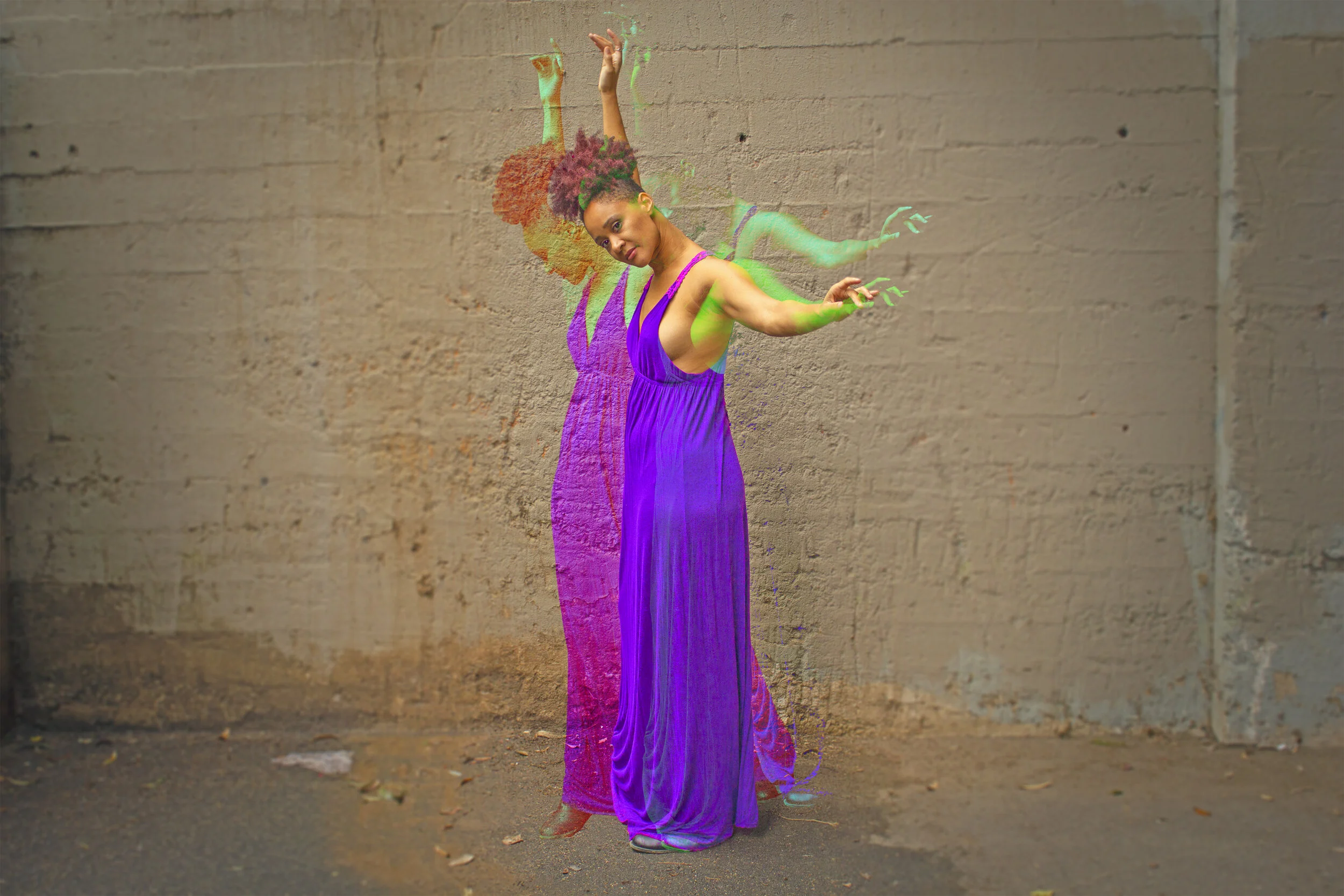Callie Kimball
Whether the setting is a submarine, 16th century Spain or a Chipotle during the apocalypse, Callie Kimball’s plays are inventive and incisive. She uses these unusual circumstances to look at ageless issues through a new lens. Kimball prods class, gender dynamics, emotional violence, power and race while the world around them grows more compressed, more chaotic and more uncontrollable.
In 2018, Kimball suffered a brain injury that put all her work on pause as she recovered and found a way to rebuild her life and career. The methods she developed to work her way back through the trauma led her to resilience studies, and today she teaches resilience through her consulting firm Starnes Kimball, where she also offers conflict resolution and anti-racism workshops.
“We want to see stories on stage that reflect the lived reality of working class people. So that's why I stay in it and that’s one of the reasons that I write my plays.”
Like many of our interviewees, Kimball’s artistic path didn’t begin with what she does now. Childhood interests in poetry and dance laid the foundation for interests in both writing and performance, and she studied poetry at the College of William and Mary. But it was a stint as an actor that led her to playwriting.
“I became a playwright because I got fired from playing Juliet,” she laughs. “All of that thwarted energy that I’d stored up for that production — I wrote my first 10-minute play. I funneled that energy into writing.”
From there, she set about learning the craft. “I was like, ‘alright, well, if I’m going to do this, I’m going to do it.’ So I wrote three plays a year and I self-produced and I got small companies to produce my work and do readings … I learned by doing.”
This led her to graduate school at Hunter College, where she was mentored by playwright Tina Howe. “[She] is just like a fairy godmother in playwriting,” Kimball says. “She holds space for you in this really beautiful way and sees you and sees your work, and just kind of keeps you focused on what’s important.”
Under Howe’s tutelage, Kimball earned her MFA and won the Rita & Burton Goldberg Playwriting Award two years in a row.
In the years since, Kimball’s plays have been produced and developed at the Kennedy Center, Portland Stage Company, Lark Play Development Center, Everyman Repertory Company and other companies and festivals across the country. Her play Sofonisba won the Clauder Gold Prize and was finalist for the O’Neill and semifinalist for the Princess Grace Award.
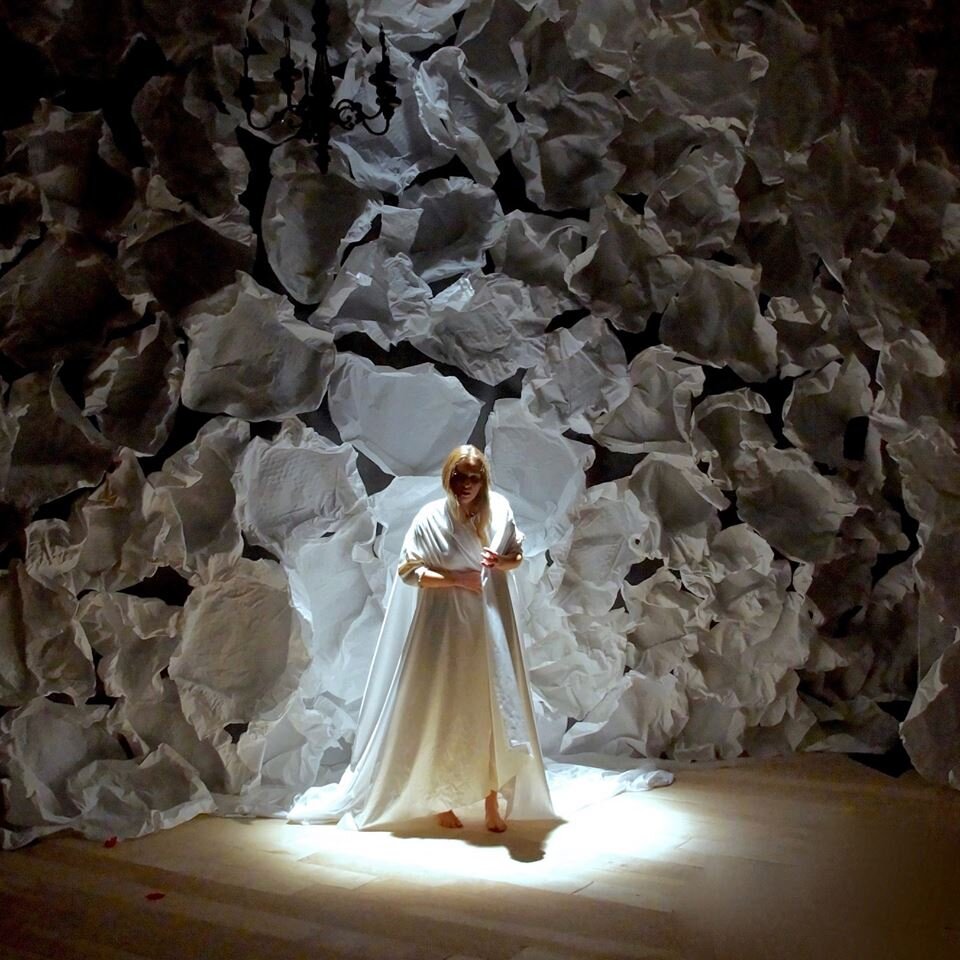
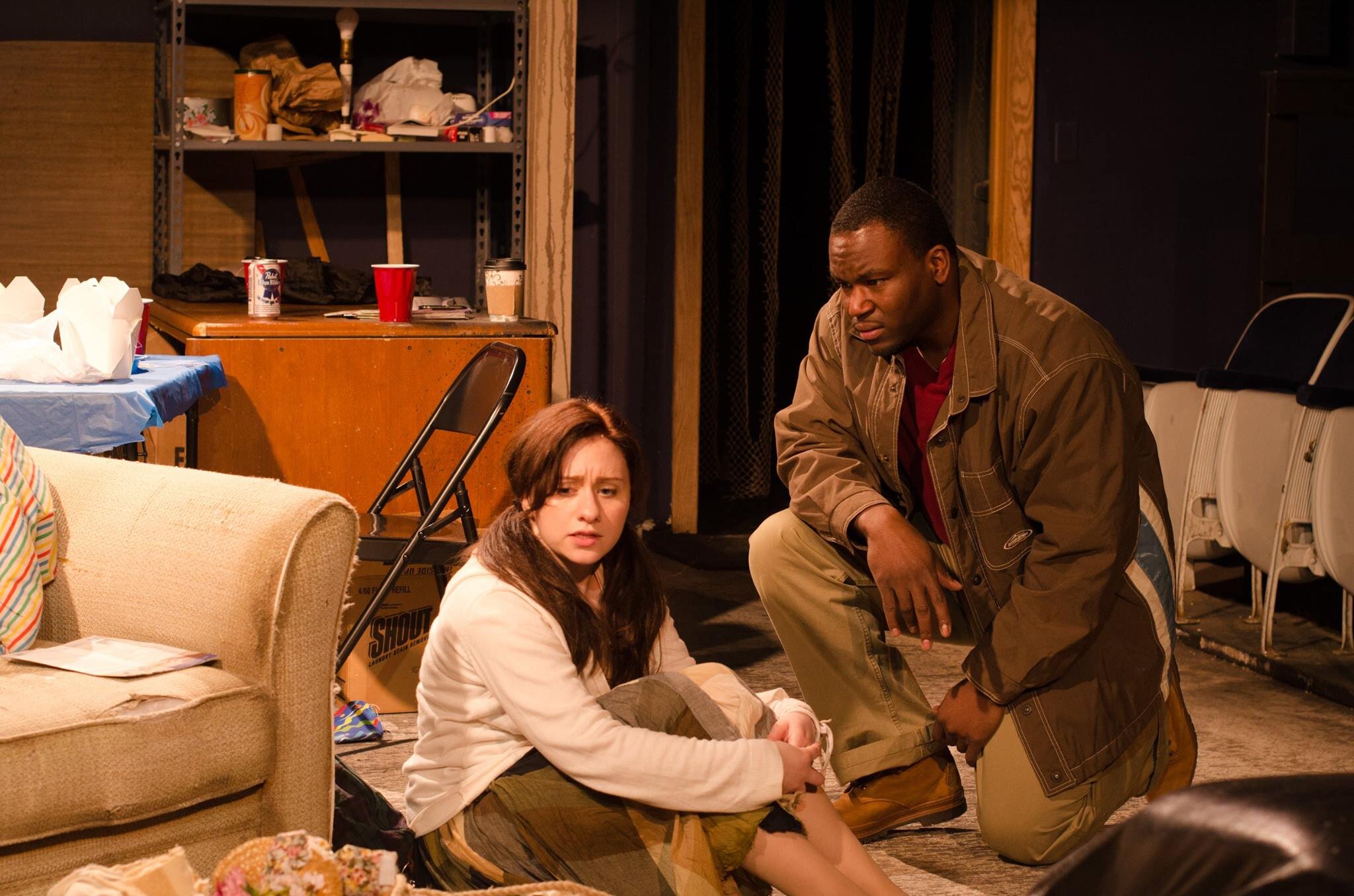
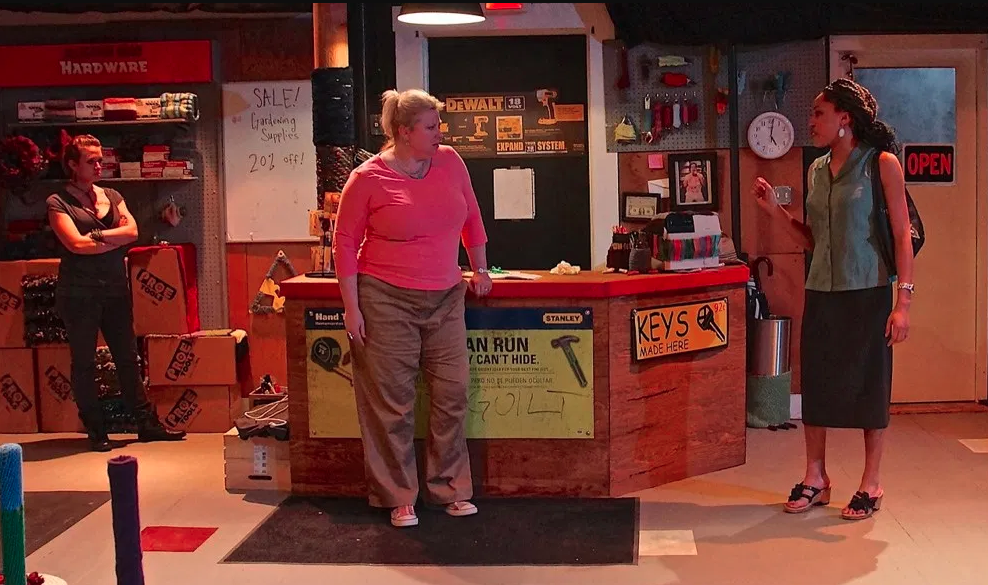
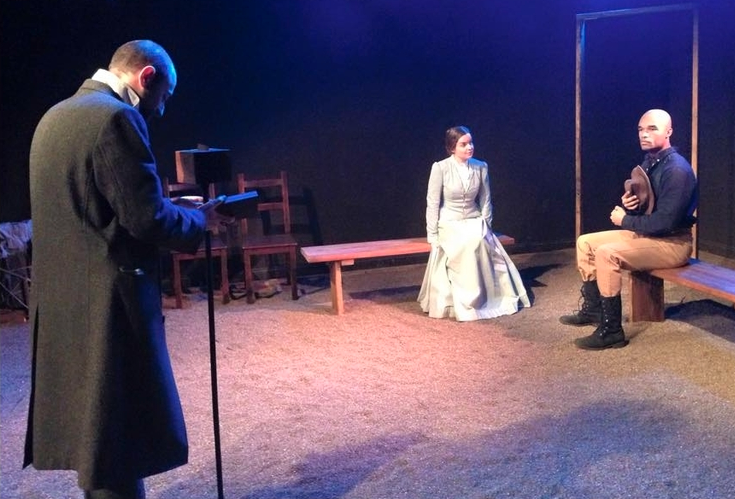
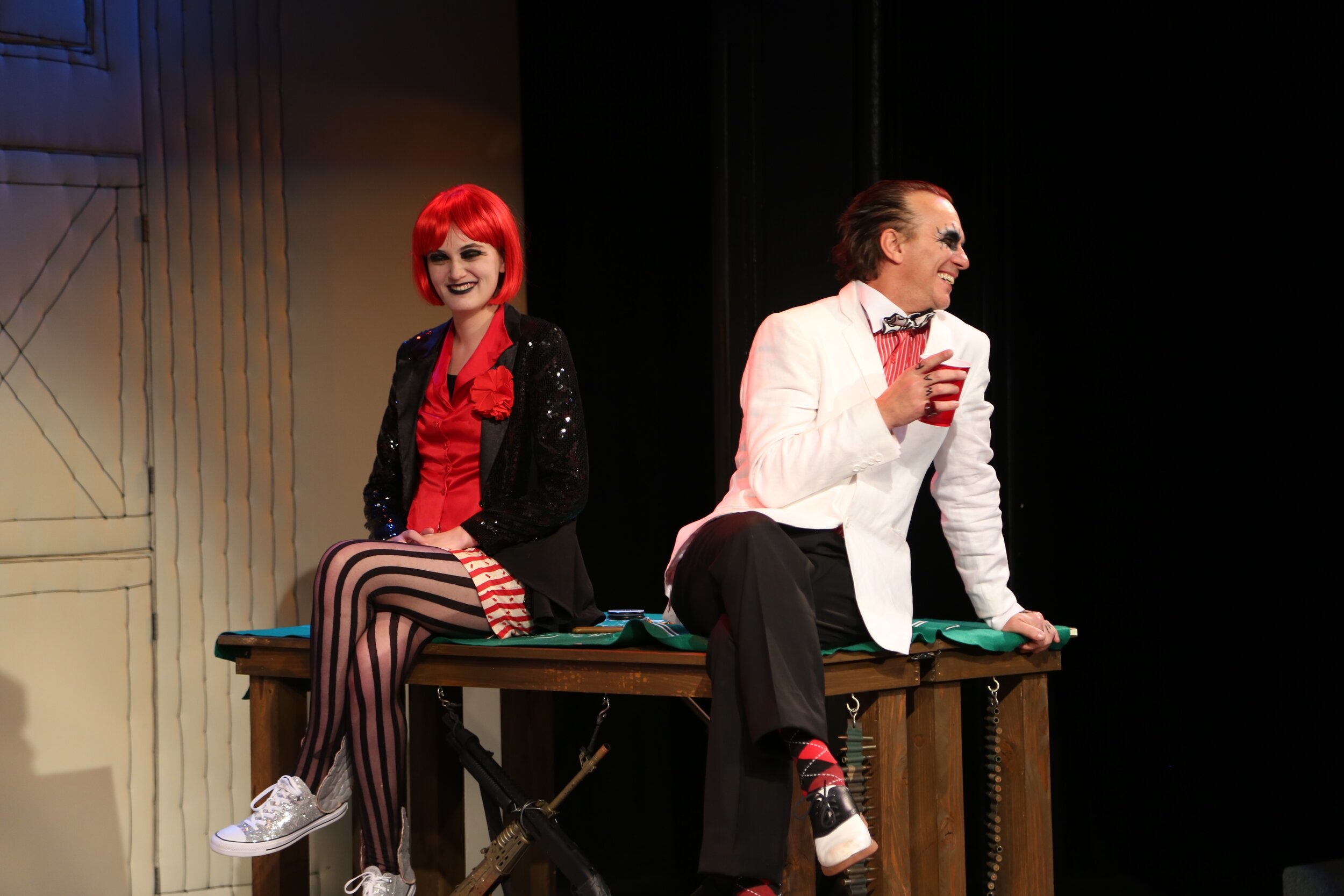
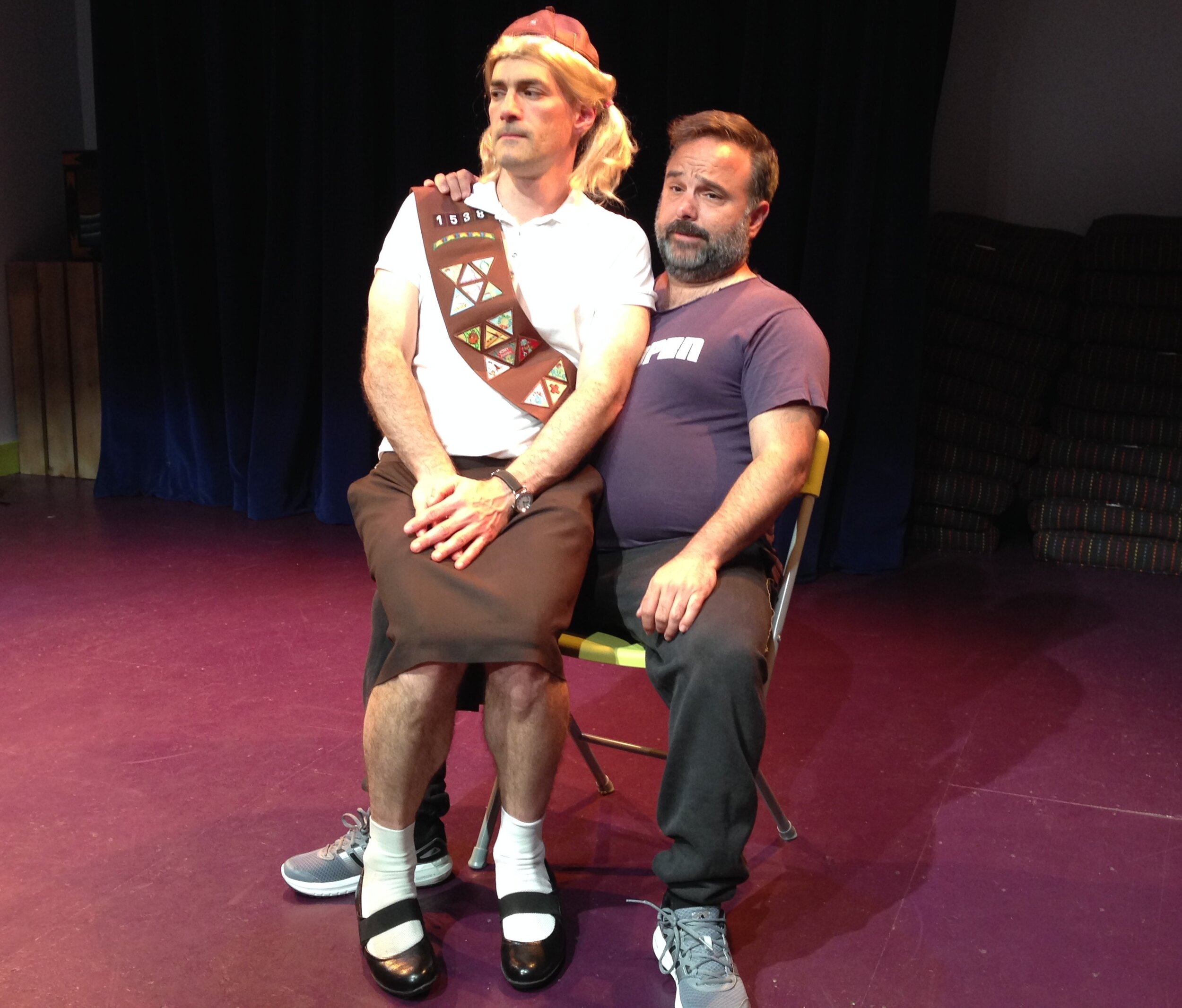
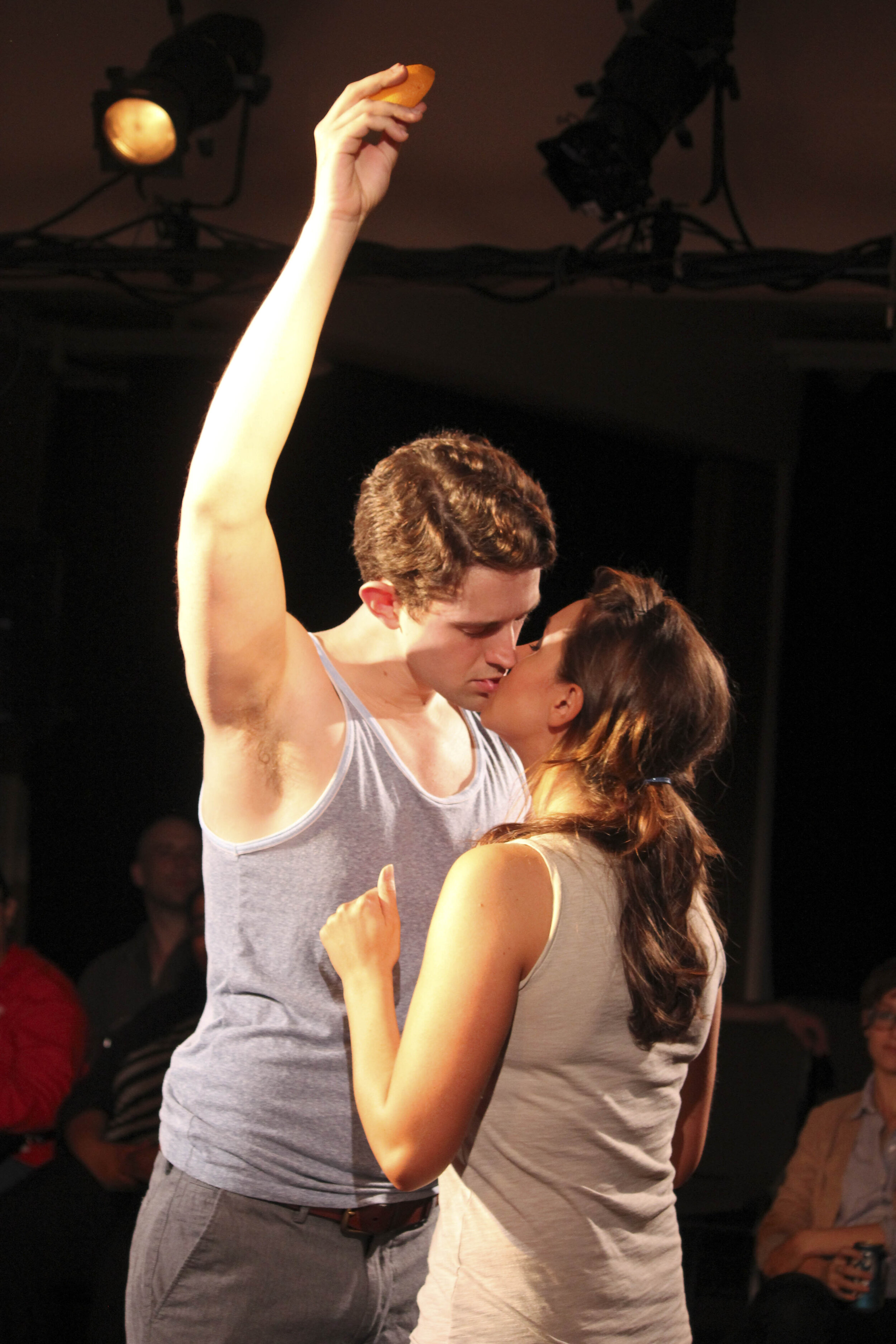
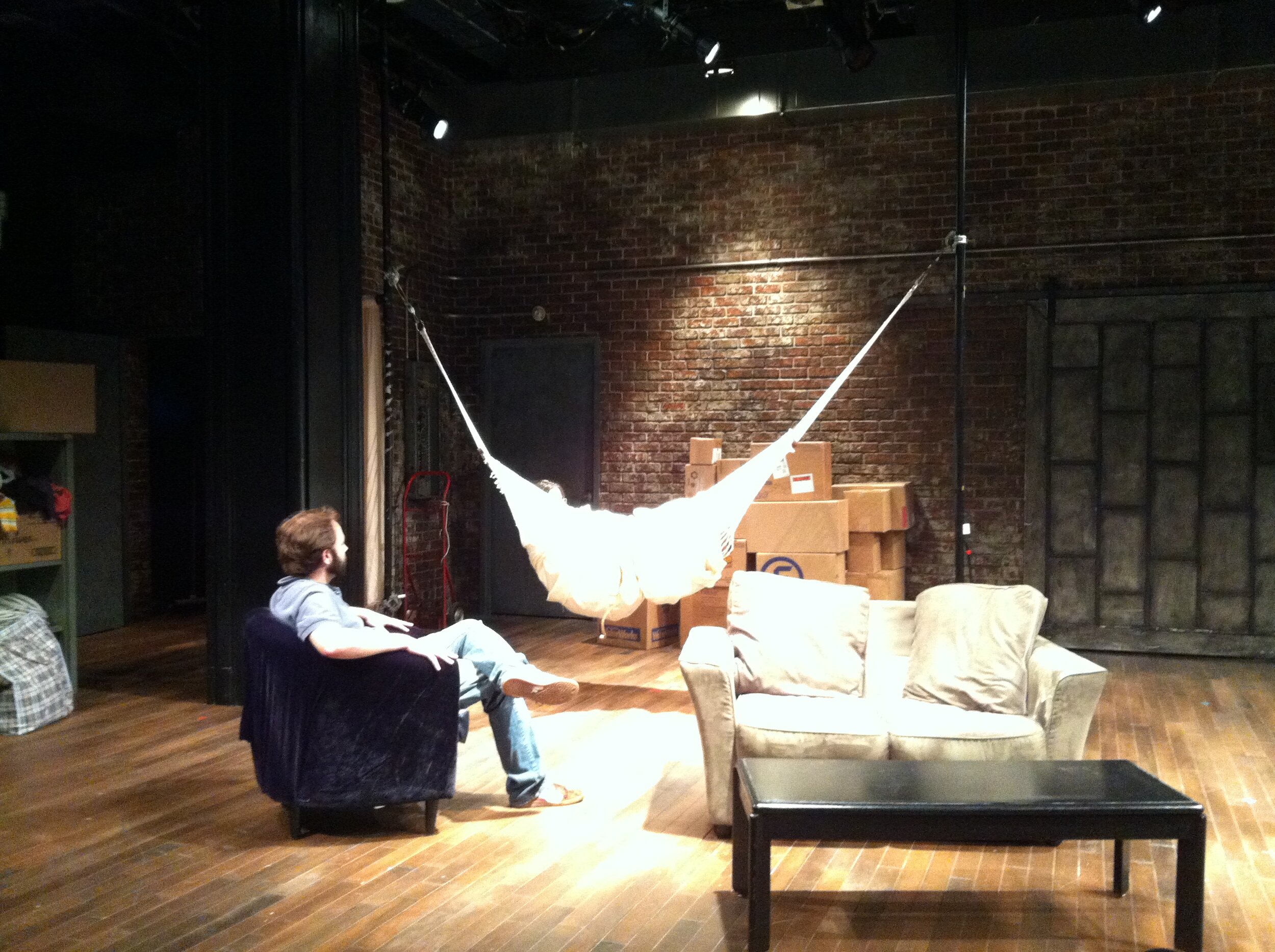
As exciting as it sounds to be a working playwright, Kimball learned quickly that common notions of the life of a working artist are romantic at best. “I’ve been doing it for 15 years now, and I have come to understand that it will never support me,” she explains. “The reality is… in America, you have two or three side hustles always.”
“There are so many things that can hijack your writing,” she adds. “Just trying to build up a structure to support your work. There are a lot of writers who are supported by families, either parents or a working spouse. You know, that's great for them, but there are a lot of us — and it's one of the reasons that I've stayed in it is — I feel like the average working class … voice is needed. That we want to see stories on stage that reflect the lived reality of working class people. So that's why I stay in it and that's one of the reasons that I write my plays.”
While her characters may find themselves in the Yukon Gold Rush or a Florida hardware store, they battle with familiar problems. “If it's set in a different time, sometimes it helps us to look at an issue, whether it's about race or gender or sexuality class, all of those things.” Kimball says of her play Sofonisba, about a woman serving as court painter in King Phillip II’s 16th century court. “It’s a little bit easier to digest and understand. I think history repeats itself, and if we go back we can look and see people who are right in front of us in a play dealing with things that we're dealing with now, but oh look that was 500 years ago. Look at how she had to navigate the politics of court and as an unmarried woman. And you know she was an artist, and what did that mean then and how is it relevant now?”
“Setting is almost a character in my plays,” she says. “I think the more structure and uniqueness of a setting, it becomes the foil against which the action is set.” The tension between characters and their setting is a relationship. How they respond to their environment is as powerful as how they respond to one another.
In 2017, Kimball started a consulting firm, Starnes Kimball, to provide communication, conflict resolution and project management training to businesses and non-profits, as well as an additional income to support her playwriting. But in 2018, everything was derailed by a freak accident.
A worker dropped a pair of shears from the roof of a house, and they hit Kimball (“luckily, not with the pointy end”) in the head and shoulder. The resultant brain injury suddenly made all her other goals secondary.
“The first year was especially difficult,” she says. “I had a lot of challenges. I had emotional challenges, I had two seizure-like events… My brain was trying to heal itself, and they don't know a lot about how the brain heals. I had to write a lot of things down when they happened because I had short-term memory problems … It was horrible. It was the worst thing I've ever gone through, because I was scared that I would always be lost. I was do things like I would try to put the milk away in the bathroom… one time I came out of the grocery store and my car door was wide open. In the time getting out of my car and getting in the backseat to get my bags, couldn't remember that I needed to close the door.”
“A lot of these don't sound like much,” she adds. “But when your whole day is, like, you have seven or eight of those kinds of things happening, it's very unsettling. It changes your understanding of your own ability and identity in terms of what you're capable of doing.”
A chance encounter with someone else who’d suffered brain trauma released Kimball from a deep sense of isolation, and led her not only to meet more people with similar experiences, but to learn about resilience and the work required to come back from a life-changing setback or situation.
Today, Kimball offers resilience training that helps people recovering from injury, trauma, illness and grief find a path forward to cope with adversity, manage setbacks and rebuild their lives.
“It's one thing to recover from a brain injury, it's another thing to build your life back,” she explains. “And find community, and find purpose and make a living.”
Kimball also offers anti-racism education, which is always timely and particularly prominent today. “The phrase anti-racism is relatively new to my ears, but I’ve been quietly doing a lot of things for about a dozen years, quietly listening to Black voices and advocating for Black voices,” Kimball says.
Today, many well-meaning people (white folks, that is) want to do the work, but don’t know where to begin and often fumble in their attempt and are too ashamed to continue. “There are a lot of people who are just like, ‘wait, what? Why is it wrong to ask my black co-worker to explain racism to me? I don’t understand.’ And I feel like I need to catch those people and I need to be like, ‘come here. I’m gonna take you in this little room, there’s not going to be any shaming, you can ask questions and I’m going to talk to you… and you’re going to learn some new ways of thinking about these issues.’”
Our conversation was a timely reminder that an artist’s voice is not a thing that’s found and then bronzed and put in place. An artist’s voice is flexible and organic. An artist’s voice must be constantly crafted. From her beginnings in poetry and acting to her work with businesses and individuals on resilience and anti-racism, Kimball’s voice as a playwright is ever-evolving. And, perhaps most important, it’s a new discovery every day.
“When I write a play I'm usually circling around a question that I don't know the answer to,” she says. “I'm convinced the day I start to write a play where I know the answer to the question is the day I start to write a really really shitty play. I think we all have a lot of questions right now and art can be that anchor and that way through.”





